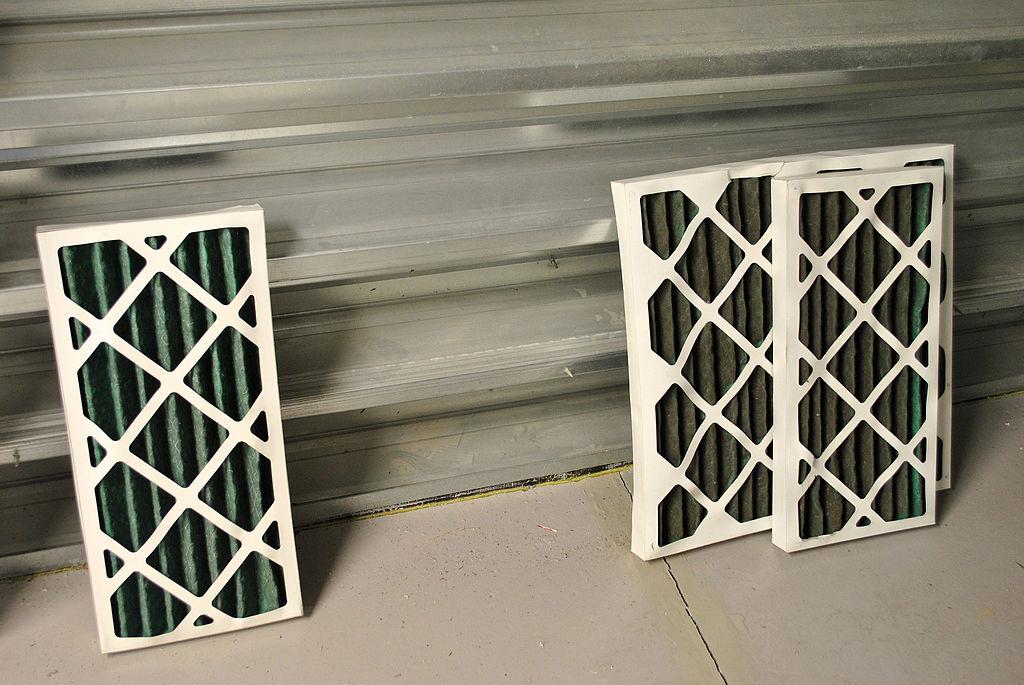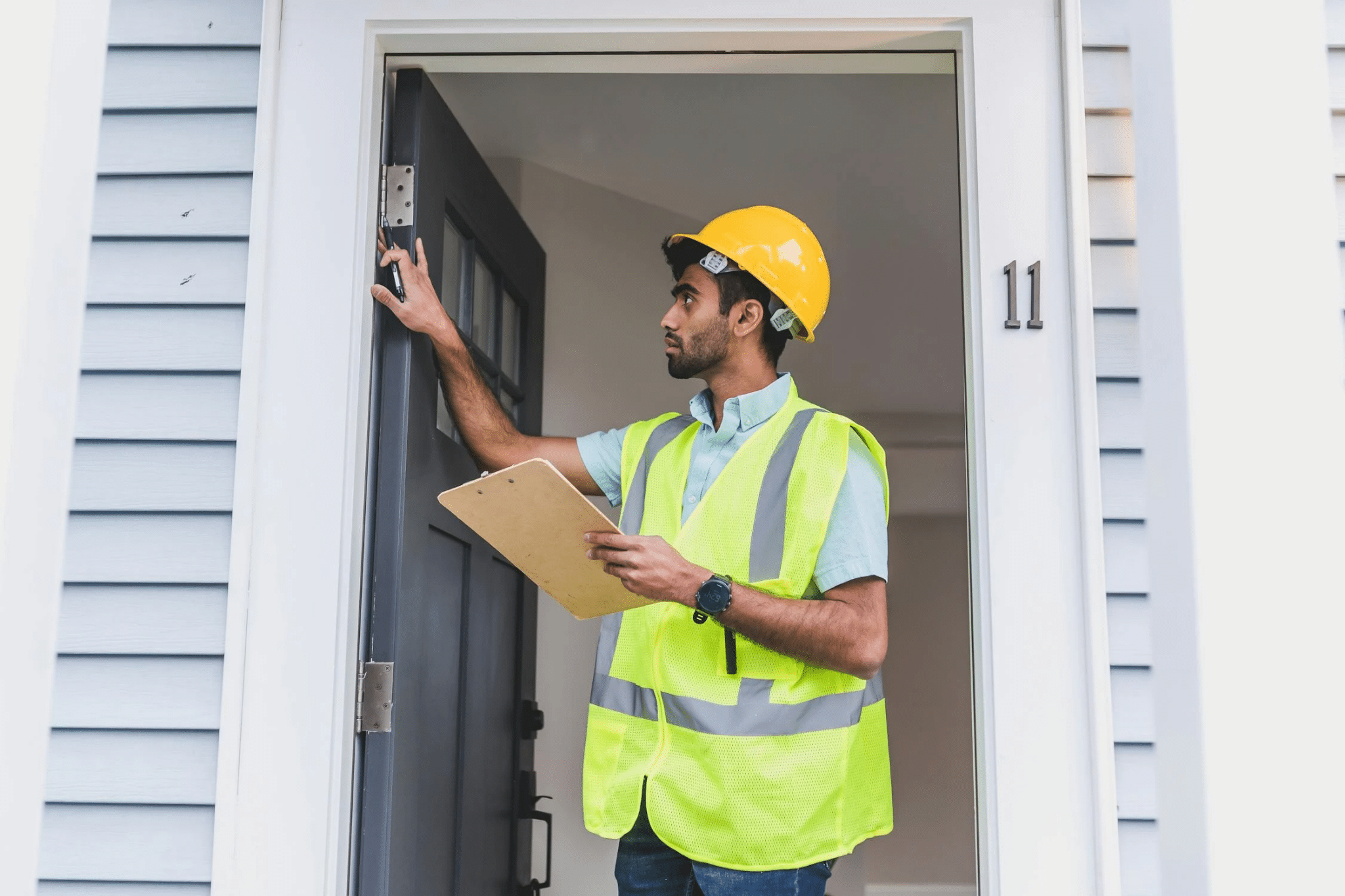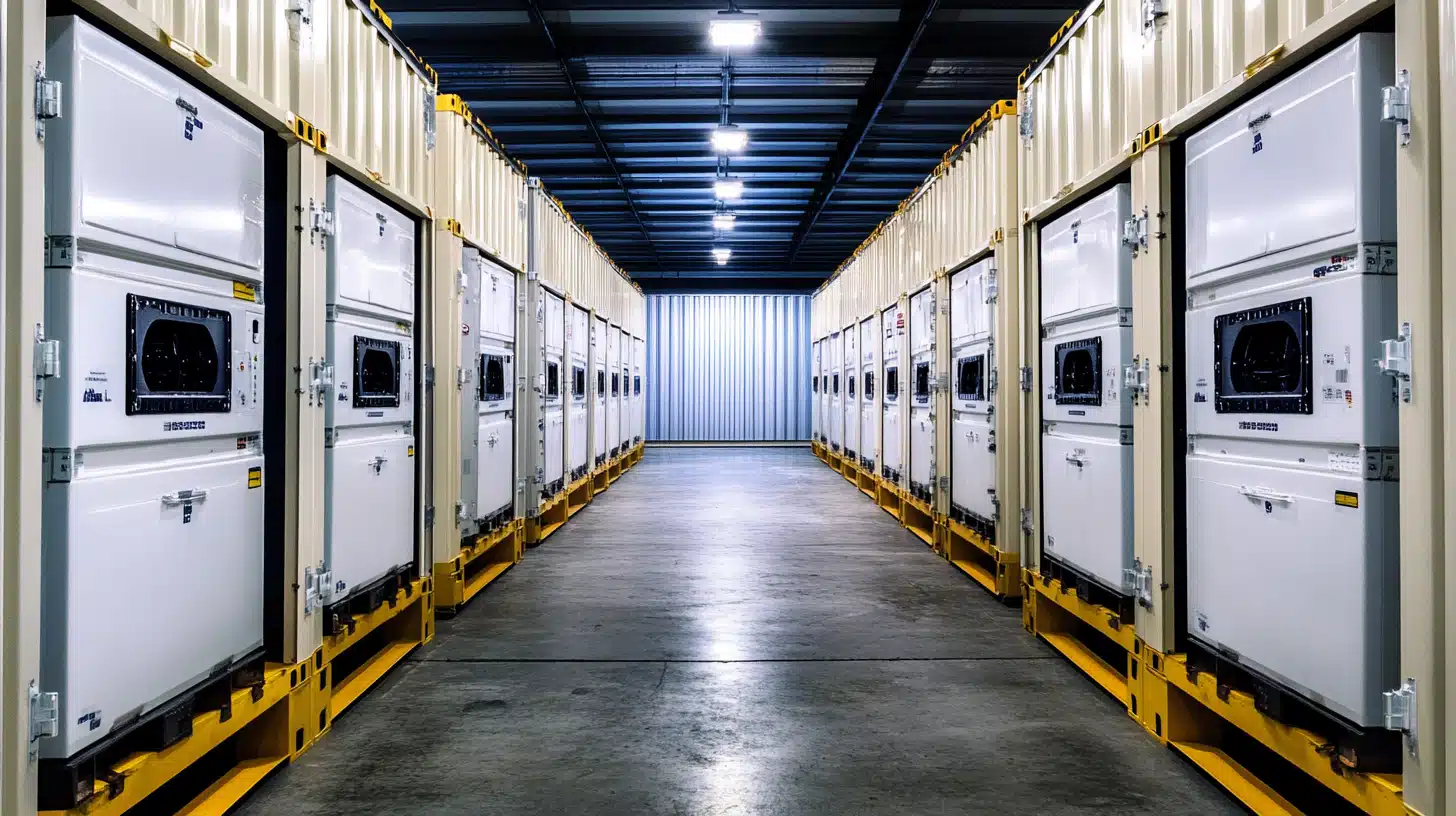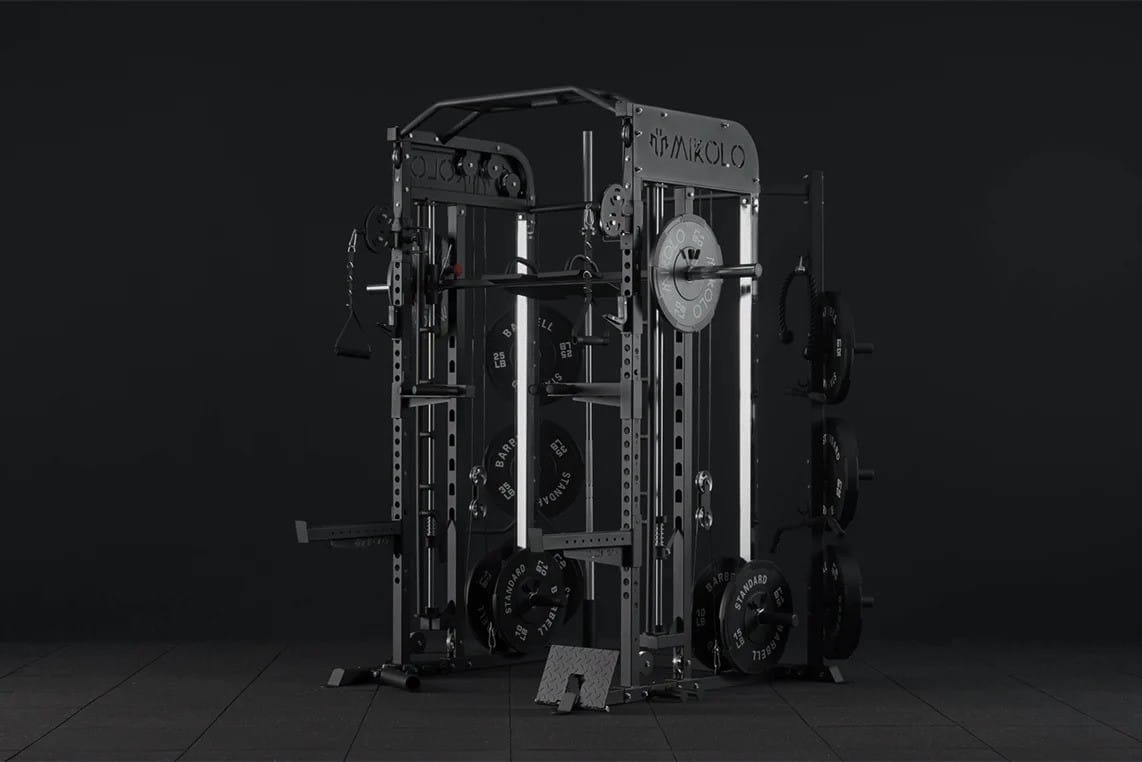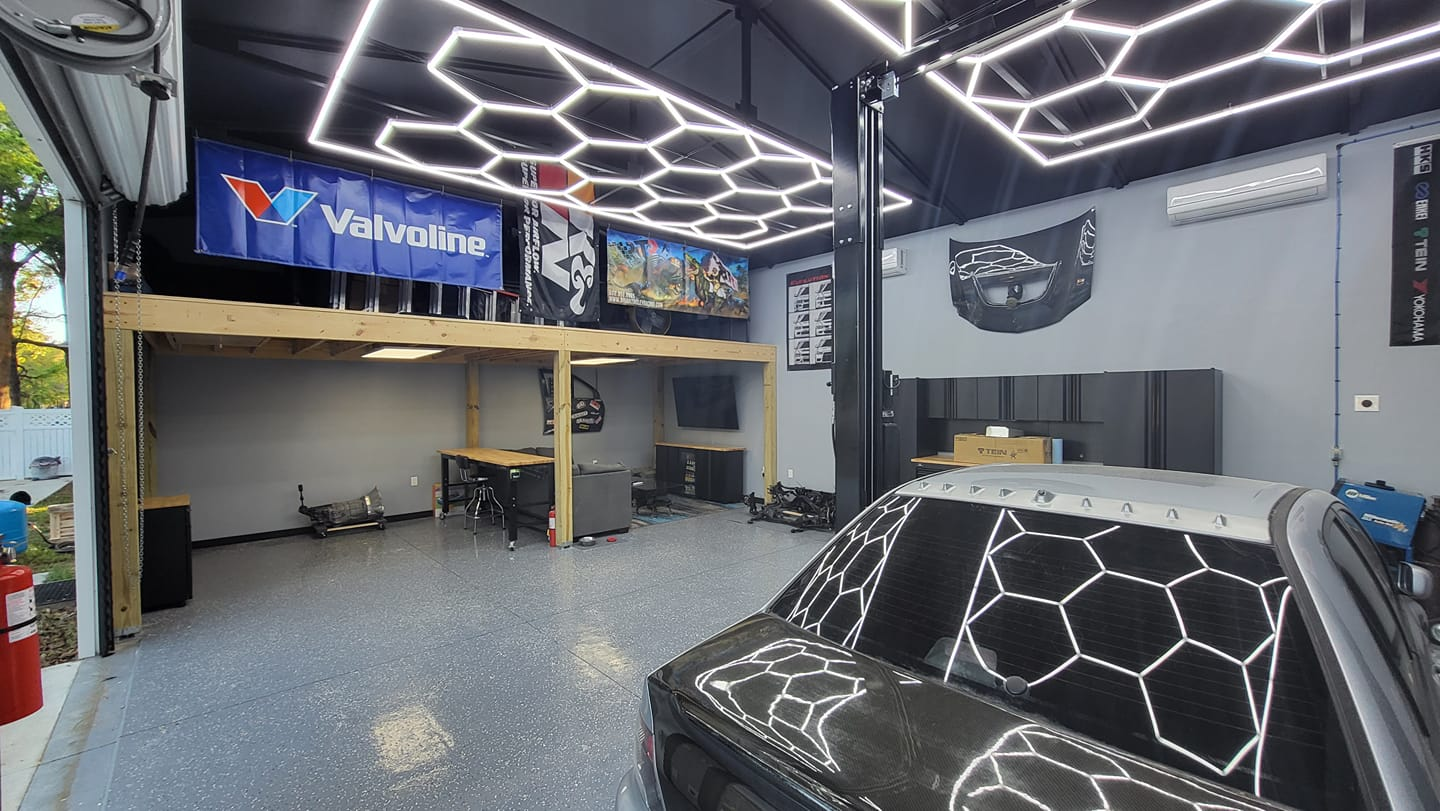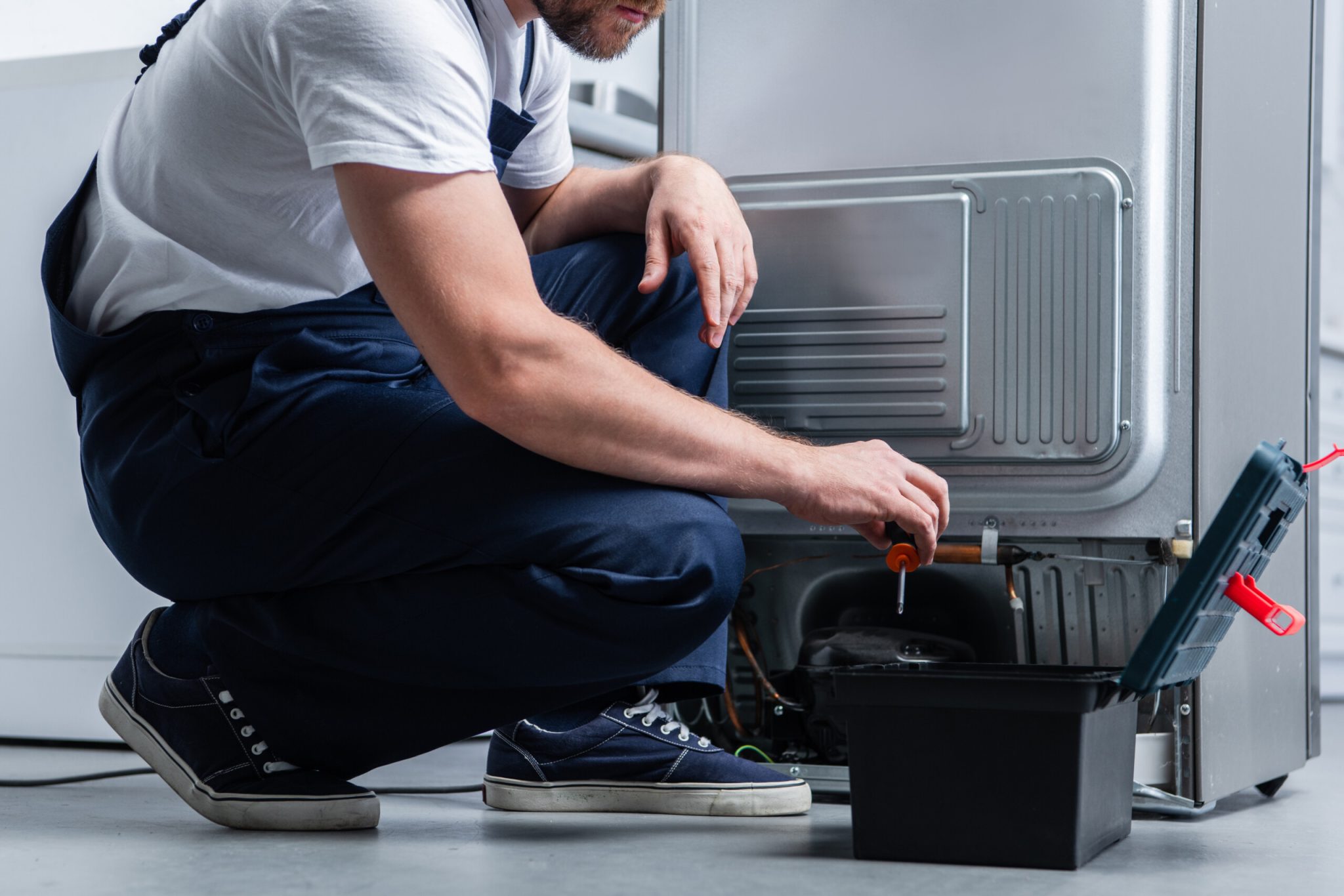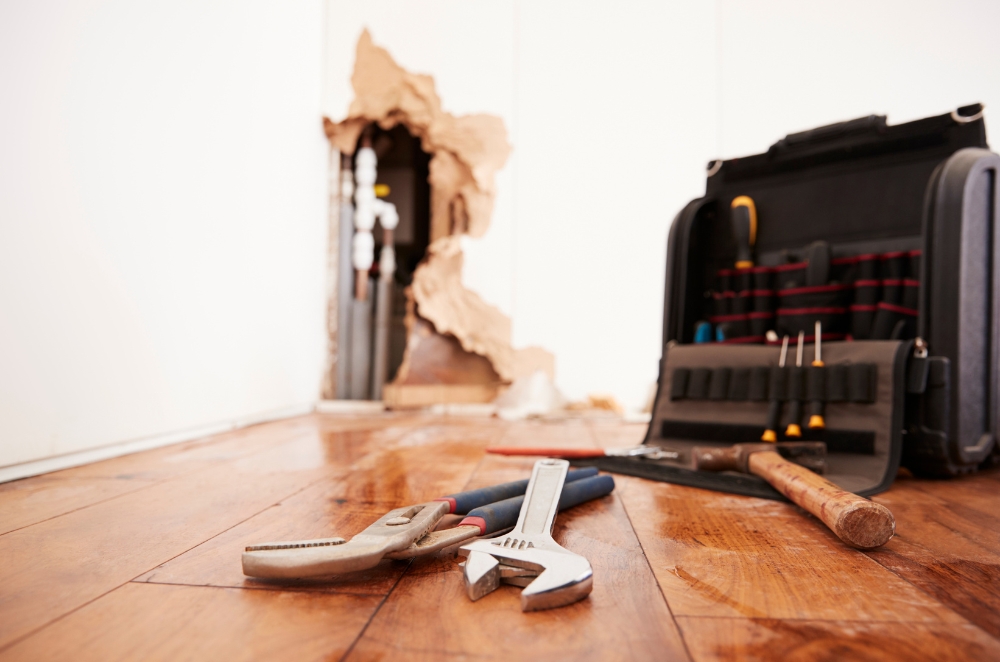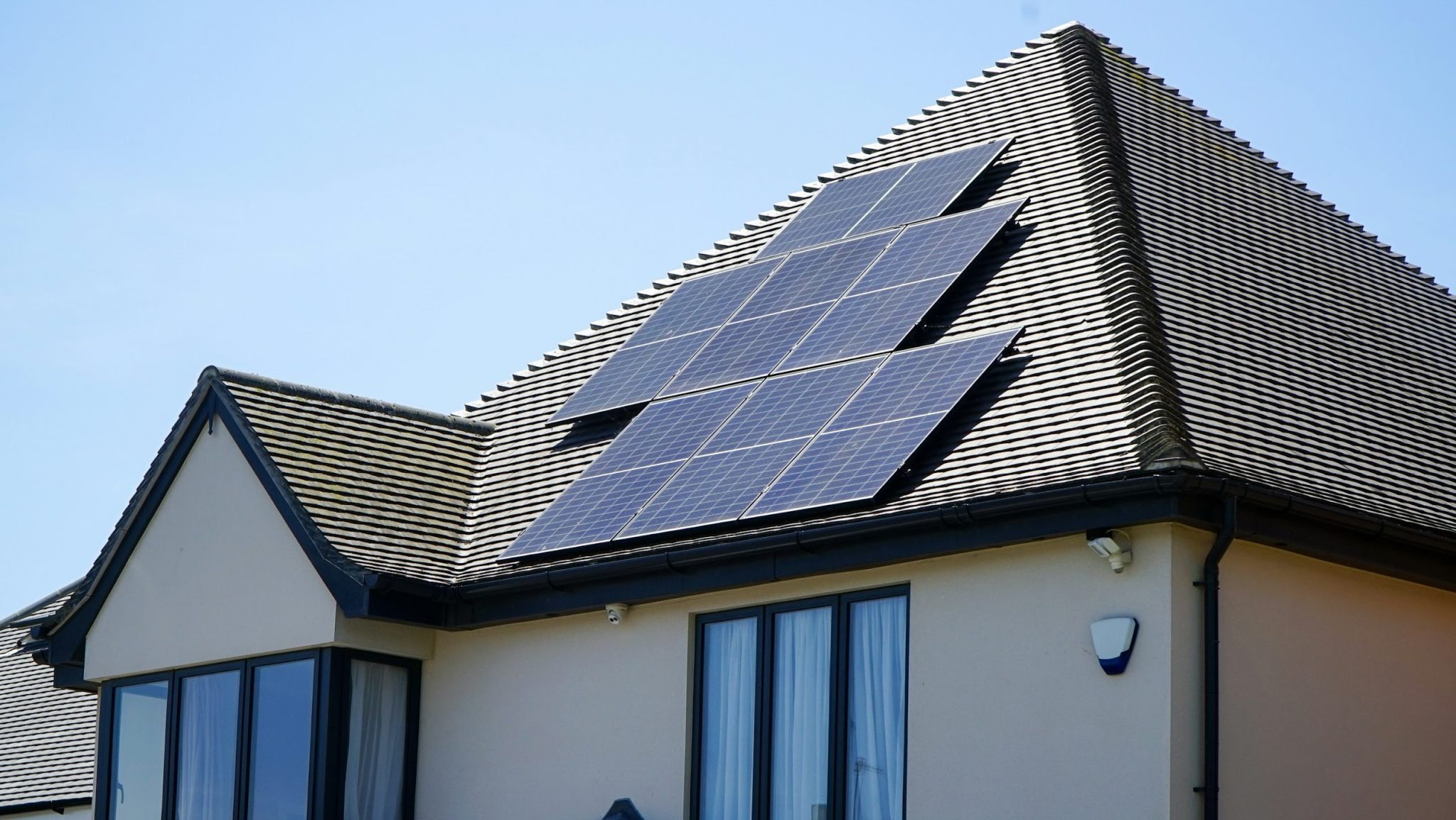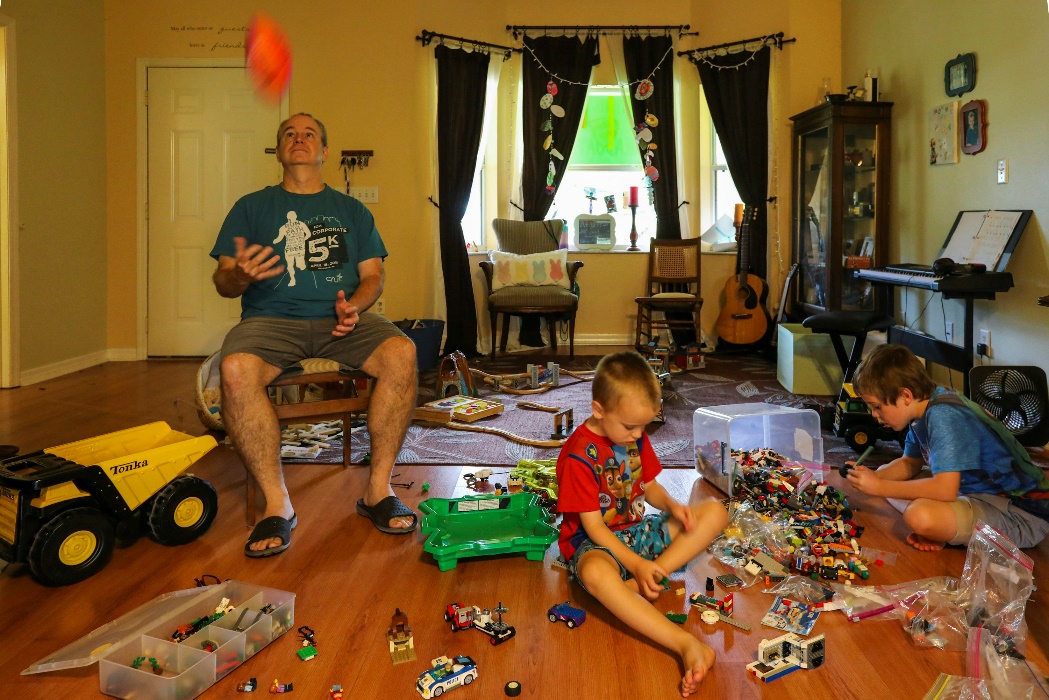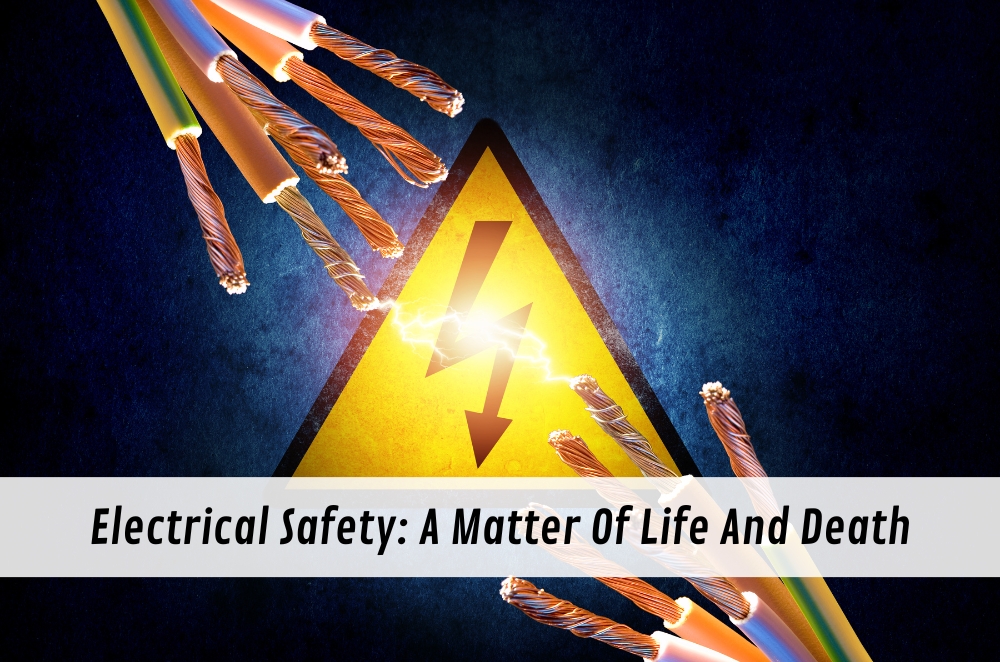
Electrical injuries and fatalities occur in several cases in Australia every year. Electrical hazards may cause severe injury, property damage, and, in the worst scenario, death. Thus, electrical safety is a critical issue in residential and workplace environments.
The most vital thing is to know the risks and take preventive measures, such as maintaining a regular electrical test and tag schedule, to ensure safety for you, your family members, and your colleagues in the workplace. This article discusses electrical hazards and offers helpful tips for improving electrical safety.
Understanding electrical hazards
Electrical hazards exist at home and at work until they are noticed recently. Faulty wiring damaged electrical equipment, and careless handling of power sources may have heavy consequences, such as fires, electric shock, or electrocution. Identifying and comprehending electrical hazards is the only way to minimise their risk.
Some common electrical hazards include:
- Poor or old wiring: The electrical systems of older buildings, especially in older homes, are more likely to malfunction and quickly overheat or spark, mainly when restoring a home after water damage.
- Poorly overloaded outlets: These are also hazards; several appliances plugged into one outlet or onto a power strip can lead to overheating and possible electrical fires.
- Faulty power cords and extension leads: Cracked or frayed wires expose live currents and threaten electric shock.
- Faulty handling of electrical appliance: Using an electrical appliance beyond its capacity rating, in wet conditions, and for a longer time without giving it rest can also cause malfunctioning and even a shock.
Prevention is critical: Essential safety tips
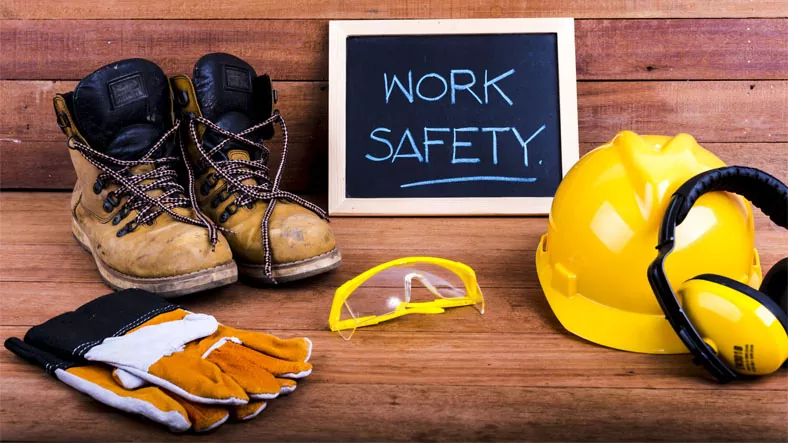
To avoid accidents due to electricity, it is vital to take serious precautions concerning electricity safety. Taking precautions reduces the chances of an accident and, at the same time, ensures that one’s surroundings are much safer. The following preventive tips are necessary for note:
Regular electrical inspections
Regular inspections find the hidden risks of lousy wiring, thus preventing catastrophes. Schedule a routine electrical test and tagging to find defective or damaged equipment and wiring. During such routine inspections, a licensed electrician will:
- Check on the condition of the wiring and outlets
- Overloaded circuits or potential faults in the same
- Any areas that need updating or repairs
Proper maintenance of electrical equipment
These dangers could have been avoided by regularly checking and maintaining electric appliances, power cords, and wall outlets, which include the following:
- Cord and outlet inspection: Check the power cords for wear, cracks, or fraying. Any damaged cord needs to be replaced immediately.
- Proper storage and handling: Electrical tools and appliances shall be kept in dry, cool places, protected from damage, and handled carefully.
- Replace worn-out equipment: All appliances and tools that wear, rust, or malfunction shall be repaired or replaced.
Safe installation and repair practices
Only competent workers shall do electrical work. Poor installation or amateur repairs on electrical installations increase the risks. Always:
- Employ licensed electricians for an installation or repair job.
- Ensure all installations meet the local codes and safety regulations.
- Never tamper with the electrical wiring or outlets.
Importance of GFCI outlets
A Ground Fault Circuit Interrupter or GFCI outlet is designed to cut the power supply in case of an imbalance, thereby reducing the voltage of a shock in an electrical shock. Given the usual wet conditions of the following places, immediate installation of GFCIs is warranted:
- Bathrooms: Installing GFCIs will prevent shocks induced while operating electrical equipment in wet conditions around water.
- Kitchens: This will prevent the potential risks of using many electrical appliances near sinks.
- Outdoor: This risk occurs when work is being conducted in garden or pool areas, where the equipment may be exposed to weather.
Electrical safety in the workplace
Workplace electrical safety is essential for industries that involve very high levels of electrical risk due to the nature of activities their operations are connected with, such as in construction and manufacturing. In addition, it pays off to get compliant with OHS requirements about workplaces in order not to expose workers to risk factors and to avoid liability risks.
Safe work practices for electricians and other workers
Safety measures for electricians and other employees working in hazardous environments should be followed to the latter, including:
- Personal protective equipment (PPE): The appropriate use of PPE includes but is not limited to insulated gloves and eye protection.
- Insulated Tools: Electricians must be trained to use insulated hand tools properly when working with electricity to avoid accidental contact with live circuits.
- LOTO procedures: A work practice that ensures the electrical circuit supply is de-energized and cannot be re-energised until all maintenance is completed.
Emergency procedures for electrical accidents
A clear emergency response plan can mean the difference between life and death and minimise further injury at an electrical accident scene. Essential emergency procedures will include the following:
- Power shut down immediately: Turn off power sources during an accident if possible.
- Training on CPR: Staff trained to provide CPR can quickly respond when someone is shocked by an electric current.
- First aid kit: At the workplace, each must have a complete kit, fully stocked with supplies that will be available for treatment of burns and other minor injuries.
Educating yourself and others
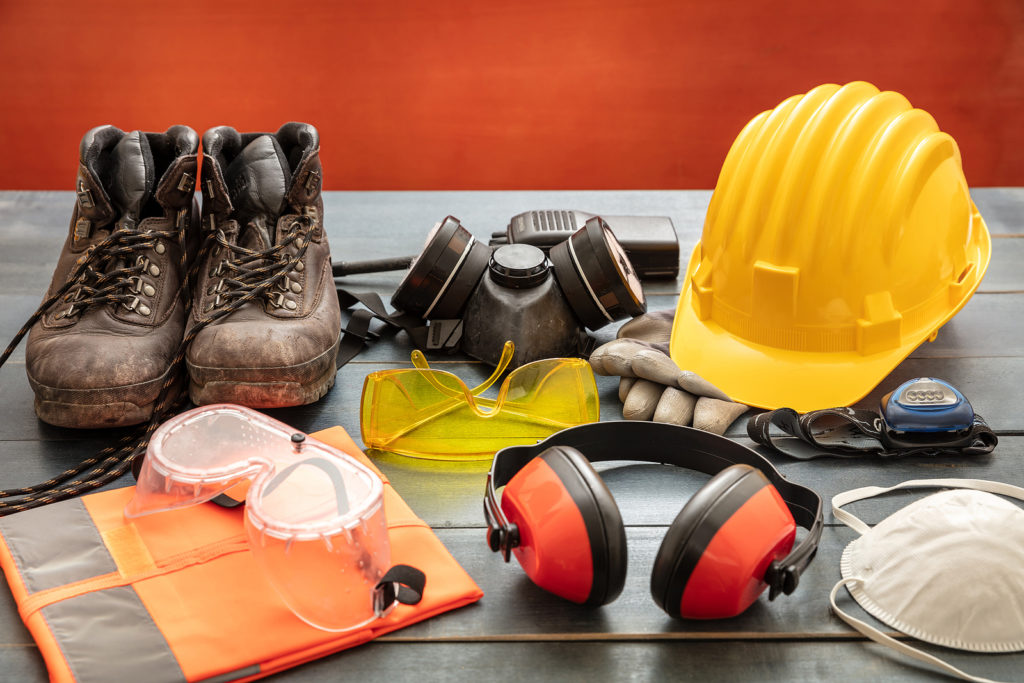
Electric safety education can be the best means of preventing accidents. If one learns it correctly, one can fight risks and respond to threats appropriately. Here’s the way one can educate themselves and others about electric safety:
Importance of electrical safety training
Formal electrical safety training, such as white card training in NSW for workers in construction and trade, helps one equip himself with the skills needed to work with electricity safely. Such training programs often include:
- Basic principles of electrical safety
- Identification of potential hazards
- Proper use of PPE and safety equipment
Resources for learning more about electrical safety
There are numerous resources available to expand your understanding of electrical safety, including:
- Free online courses: Many organisations offer free or low-cost online courses in the basics of electrical safety. Workshops and seminars: Your local community centres or industry groups can hold home and workplace safety workshops.
- Government websites: Sites like Safe Work Australia have guidance, fact sheets, and training videos on electrical safety.
Promoting electrical safety awareness in your community
The knowledge you acquire about electrical safety will be of greater significance if shared in your community to help others prevent electrical hazards.
- Information: You can display safety tips on social media sites or inform people through an awareness drive in the locality with the help of community groups.
- Reach out to schools: Educating children about electrical safety from a tender age helps them cultivate habits they will carry into adulthood.
- Participate in safety demos: Organize or participate in electrical safety demonstrations or campaigns around your neighbourhood or workplace.
Conclusion
Electrical safety can only be guaranteed if prioritised. Therefore, it has saved many lives and created a suitable environment. We could significantly reduce electrical accidents by embracing preventive measures, teaching ourselves, and raising awareness. Remember, a single careless moment can bring lifetime disasters at any time. Electrical safety isn’t solely based on personal responsibility but is a societal-wide concern to protect our communities.
Let’s join in the effort to improve electrical safety, create necessary prevention, and protect ourselves and others from tragedies that could have been avoided.




